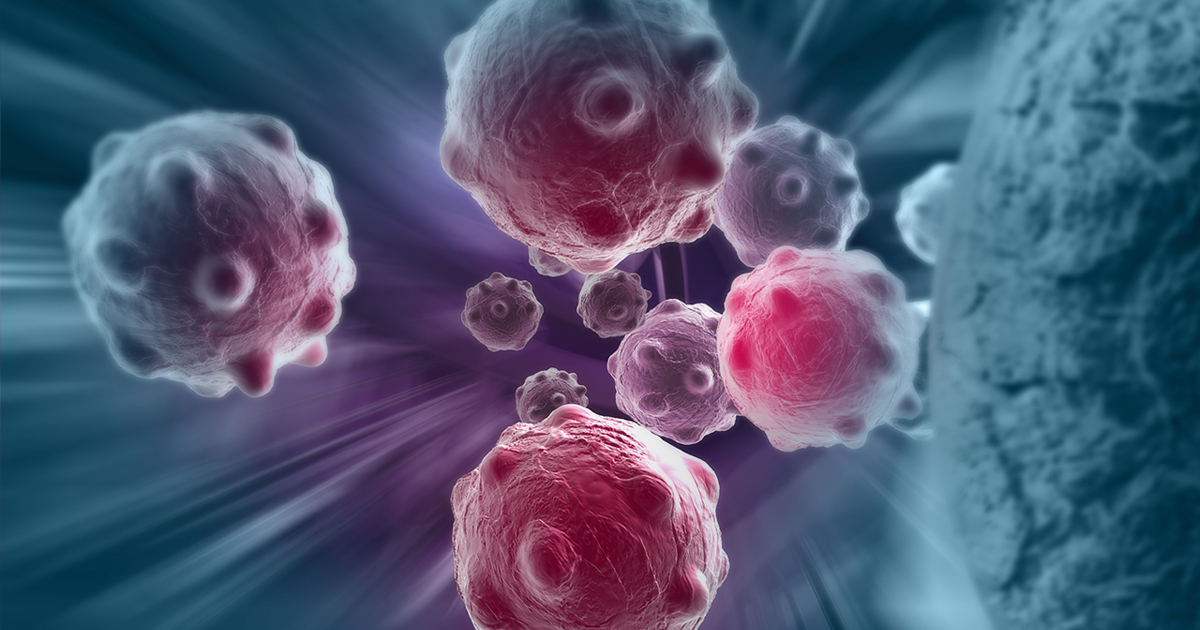Cancer Cells Explained

Cancer Cells at a Glance
Cancerous cells are cells which develop and divide at a fast and unregulated pace. Even though cancer cells are consistently produced in your body, the disease known as cancer just occurs when your immune cells do not recognize and destroy them.
Three Types of Cancer Cells
They include the following:
- Primary CNS Lymphoma
- AIDS-related Lymphoma
- Kaposi Sarcoma
How Cancer Cells Differ from Normal Cells
The major difference between them is that while the cancerous cells' growth and division is uncontrolled, the growth and cell division of normal cells is regulated. In addition, cancerous cells are immortal and normal cells experience apoptosis when older or damaged.
Common Characteristic of Cancer Cells
Here's a list of characteristics of cancer cells:
- Sustained angiogenesis
- Limitless replicative potential
- Self-sufficiency in growth signals
- Emerging Hallmarks
- Insensitivity to anti-growth signals
- Enabling characteristics
- Activating invasion and metastasis or evading programmed cell death
- Tissue invasion and metastasis
What Causes Cells to Become Cancerous?
Cancer cells form due to a number of changes in their genes. Such changes may come about because of lifestyle habits, genes from your parents, and getting exposed to cancer-causing agents in the environment.
